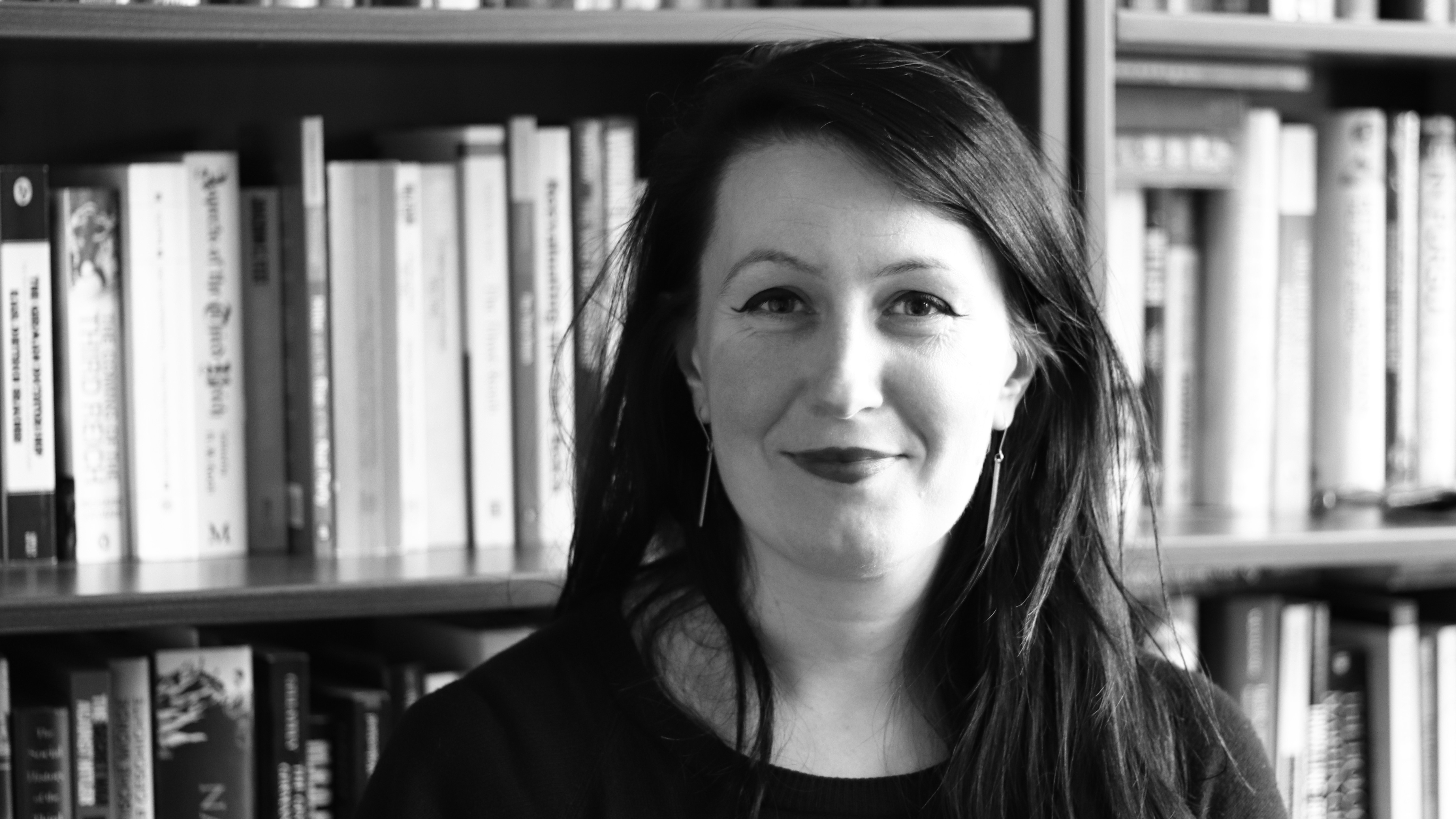Areas of interest
I am a historian of feminism and gender in modern Britain, though my work is fundamentally concerned with how both of those categories are mediated through race and class. My most recent work has been on the AHRC-funded project ‘Women and the miners’ strike: Capturing changing gender roles in working-class communities in Britain after 1945’, alongside Florence Sutcliffe-Braithwaite at UCL. This work resulted in our co-authored monograph Women and the Miners’ Strike, 1984-5 (OUP, 2023). You can find out more about the lives of the women we interviewed here on this online exhibition .
My first book, Race and ethnicity in the women's movement in England, 1968 - 1993 (Palgrave Macmillan, 2016) examined debates between white and ethnic minority women about the place of race in the feminist movement in England during this period, and was selected by Choice magazine as an 'Outstanding Academic Title' for 2016. Using a source base of oral history, feminist periodicals and archived personal papers, this monograph presents a historically grounded account of second-wave English feminism that unpacks how the legacy of empire, the racialised structures of English society, and the traditions of leftist thought, inscribed and limited the ways through which white and ethnic minority feminists interacted with and thought about each other.
I am currently at the beginning of two research projects that speak respectively to my academic interests in the social history of working-class women, and the cultural history of radicalism. The first is on women and unemployment in Britain during the period of deindustrialisation in the late twentieth century; the second is on communes, squats and other modes of intentional community in the post ’68 utopian moment.
More broadly, I am also interested in oral history, self-narratives and subjectivity, Black history, and feminist theory.
Postgraduate supervision
Current supervision
- Joanne Raineau, ‘The Women’s Refuge Movement in the UK, 1971 – 2000: Identity, representation, and conflict (2020 - )
- Michelle Tessman, ‘Feminism and the press: British newspapers and the Women’s Liberation Movement, 1968 – 1985 (2020 - )
• Amy Longmuir, ‘Socialist Feminist Conceptions of Work in the British Women’s Liberation Women’s Movement’ (AHRC funded, 2022 - )
• Sinead Carter, ‘Space and feminism during the Women’s Liberation Movement’ (AHRC funded, 2024 -).
Past supervision
- Amy Gower ‘ Schoolgirls, identity and agency in England, 1970-2004’ (AHRC funded, 2017 – 2022 ).
- Emily Peirson-Webber, ‘Masculinity and the British Mining Industry From Nationalisation Through to Pit Closures’ (AHRC funded, 2018 – 2022).
I welcome enquiries from anyone wishing to pursue a PhD on any and all aspects of postwar British gender/feminist history.
Teaching
Undergraduate
- Part 2 Option: 'Black Britain: Histories of race and migration in the twentieth century United Kingdom'.
- Part 3 Special Subject: 'Sexual Politics: Gender, sex and feminism in Britain from 1918'.
I also contribute to team-teaching on the Part 1 modules 'Journeys Through History' and 'Research Skills and Opportunities', the part 2 module 'Historical Approaches and My Dissertation', and part 3 dissertations.
Postgraduate MA (postgraduate taught)
MA option: ‘Hidden from history’? Women and gender in historical writing’
Awards and honours
Choice Outstanding Academic Title 2016
University Research Fellow 2021-2.
For ‘Women in the Miners’ Strike’, we have created educational resources for secondary school children that can be found online here Women in the Miners' Strike, 1984-5 | History - UCL – University College London. We have done schools’ talks relating to these resources, and are happy to come into your school to talk about the strike and women’s role. If you are interested, please email me at n.thomlinson@reading.ac.uk.
Between 2018-2020, we did a series of talks up and down the country about our ‘women and the miners’ strike project’, as well as a series of community dinners at the Cynon Valley Museum in South Wales. In 2020, the National Coal Mining Museum for England hosted an exhibition using oral history and films from our project.
